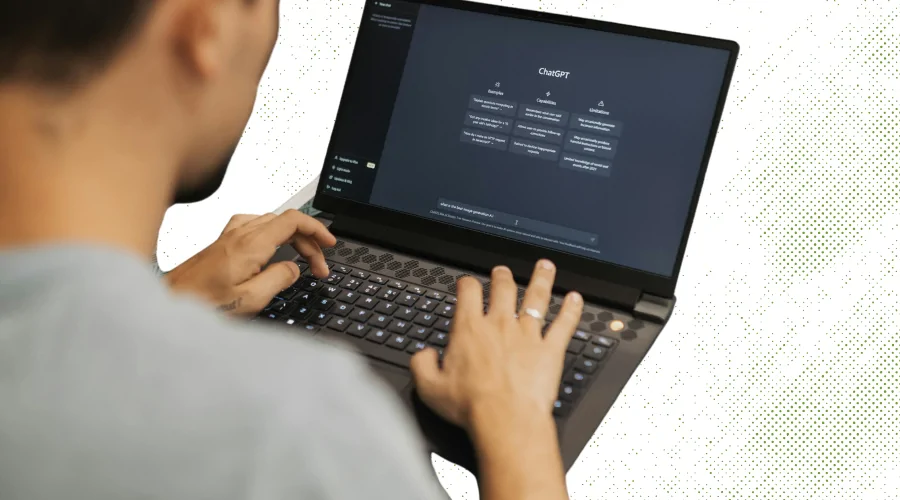Managing staff remotely can seem difficult, however it can be done successfully if you have an organised and transparent remote management plan in place.
Out of sight, out of mind should never apply to remote workers. The aim of managers should be to keep their remote workers confident, happy, motivated and engaged which will result in a productive workforce.
PRODUCTIVITY AND GUIDELINES TO REMOTE WORKING
- Give your remote workers a breakdown of how they will be managed and monitored with dates for 1-1’s, quarterly meetings, appraisals and their individual personal development plans
- Ensure you are offering clear direction with tasks and objectives set out with agreed timescales
- If communication is too infrequent, this could lead to employees feeling disconnected
- Trust is essential to remote working success, allow them to enjoy the autonomy and give them a sense of ownership over their work.
- You are likely to find your employees have self-discipline, are organised and become masters of their own time.
KEEPING ENGAGED AND BEING INTERACTIVE
- Employees need ongoing support, particularly when working remotely due to the lack of face to face interaction.
- There are many useful online tools to allow for face to face meetings, for example Skype, Zoom, Google Hangouts, Microsoft team and WhatsApp. All staff must be trained to utilise this correctly and safely.
- It is important that your remote employees are aware and agree on the times that these online meetings are to take place
- Ensure they feel included, don’t leave it too long without calling them. Regular and agreed weekly catchups will keep communication flowing and employees feeling like a valuable part of the organisation
- Set weekly catch ups and have a management style that is uniquely tailored to each individual remote worker as it would be for office staff
- Employees working remotely might miss a team culture, create opportunities for them to meet and chat interactively, think of innovative ways to facilitate this such as remote team lunches and socials.
- Always remember to extend invitations to remote workers and try to organise meetings and social events they can attend either at the office or at a venue
RECOGNISING REMOTE WORKERS AND THINGS TO KEEP IN MIND
- Find ways to recognise remote workers and share their achievements
- Remember one shoe does not fit all, managers need to understand what drives, motivates and makes employee feel recognised and valued, particularly when their role and productivity cannot easily be measured
- Be transparent on how you intend to evaluate performance
- Trust your remote workers
- Don’t overcompensate for them not being in the office, keep things as natural as possible
- Managers need to understand what drives, motivates and makes employees feel recognised and valued, particularly when their role and productivity cannot easily be measured
HEALTH AND WELLBEING
- Although we often tend to be concerned over productivity, there is a risk of doing too many hours when working remotely, start and finishing contractual hours are blurred when you have the constant temptation to work with your laptop and mobile phone permanently on view.
- Encourage remote workers to stick to normal working hours, encourage them to log off and switch their mobile phones to silent during down time. This will ensure they are well rested and ready to face a new day with optimism and renewed energy.
- Regular breaks, such as lunch breaks and time away from the screen aids wellbeing
- It is understandable that for many new employees, starting with a new organisation and going through the onboarding procedures can feel quite overwhelming. It is also good to be aware that for many remote workers, they can find the onboarding process a difficult time to show what they are capable of and how they contribute to the organisation. Be sensitive to this and aware of times when they may be feeling insecure or disengaged, communicate regularly and ask if support is needed in any areas.
- Have a good HR team in place to bridge the gap between employees and managers when needed
- Tools that will assist you with the human resources element can be tools such as PeopleHR or equivalent
- Do you have an employee assistance programme in place?
STRESS ASSOCIATED TO WORKING REMOTELY
- Some employees may also experience increased stress levels whilst working remotely, it is good to be aware of what those could look like
- Mental health of your remote workers is at risk if you do not recognise the signs and act early
- Some of these signs could be that they take more holiday than normal, increase in sickness absence, decreased performance, if you find them withdrawing, loss of motivation, commitment and confidence
- An increase in their emotional reactions may also be a sign of stress or frustrations that need to be addressed
HERE ARE SOME POSITIVES TO REMOTE WORKING
- Less stress and anxiety due to reduced commuting
- Money saved on travel and eating out
- Money saved on office space
- Majority of organisations have seen an increase in profits and productivity, increases to employee retention and a greener, more sustainable organisation.
- Relationships between employee and employer are often strengthened due to the trust, flexibility and autonomy associated with remote working
Trust and reliability enable remote team success
If you would like to talk to one of our team on managing your team remotely, please get in touch on 020 7198 6000 or email info@tpp.co.uk.

